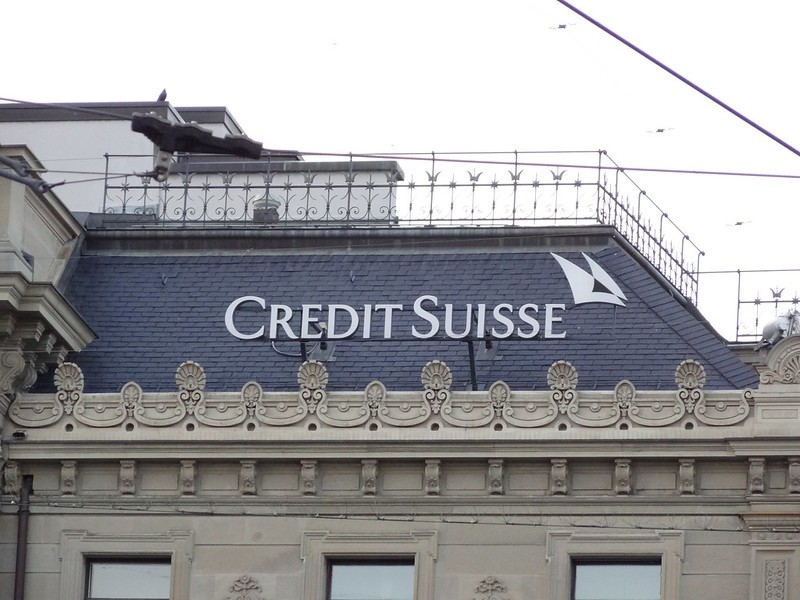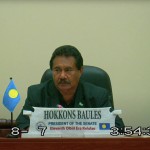In March 2020, SWC asked Credit Suisse to investigate a list of members of the Nazi-affiliated Argentine labor group Unión Alemana de Gremios (UAG), claiming that many of the individuals on the list had accounts with a Credit Suisse predecessor bank.
The bank agreed to investigate and hired an independent ombudsperson and an independent advisor to oversee the work of the investigative company AlixPartners, with the investigative plan approved by both the bank and SWC. However, the bank fired the ombudsperson after over a year of investigation and before the report was prepared.
“This decision eroded SWC’s confidence in a fair, independent, and transparent historical review, especially if the remaining work is completed by any entity with significant ties to Credit Suisse AG,” SWC said in a statement.
The U.S. Senate Budget Committee said it “received credible allegations of potential wrongdoing related to Credit Suisse’s internal investigation, including specifically the questionable removal” of the independent ombudsperson.
The Committee, which oversees the federal budget, including budget proposals for the State Department's Office of the Special Envoy for Holocaust Issues, stressed that by restricting the scope of its internal probe and removing the independent ombudsperson, the bank created gaps in the forensic hunt for Nazi-linked information.
“While the resulting reports are incomplete and were hampered by scoping restrictions, they nonetheless reveal nearly 100 previously undisclosed Nazi-linked accounts and related information, and they raise new questions about the bank’s potential support for Nazis fleeing justice following World War II via so-called ‘Ratlines’,” read the statement.
Senator Chuck Grassley of Iowa, a ranking member of the Committee, said that righteous justice demands that no stone should be left unturned when it comes to investigating Nazi matters, but that Credit Suisse “has thus far failed to meet that standard.”
Credit Suisse Group, however, insisted that “a two-year investigation commissioned by the bank… found no evidence to support the SWC’s allegations that many individuals on an Argentine list of 12,000 names had accounts at Schweizerische Kreditanstalt (SKA), Credit Suisse’s predecessor bank, during the Nazi period.”
The bank also said it was aware of an account of “the former ombudsperson’s limited engagement containing numerous factual errors, misleading and gratuitous statements and unsupported allegations that are based on an incomplete understanding of the facts,” but strongly rejected those “misrepresentations.”
It stated that it is fully cooperating with a Senate Budget Committee investigation and that it has hired the law firm Clifford Chance, with the assistance of KPMG Switzerland, to review the findings of the AlixPartners investigation “as a replacement for the former ombudsperson that the bank had previously retained.”
“In addition, Credit Suisse has extended AlixPartners’ mandate to examine the post-war accounts identified in the investigation and certain other issues, underlining the bank’s commitment to pursuing historical truth as best it can, given the passage of time,” the bank said.
The bank had already faced serious allegations in late 1996 when a series of class action lawsuits were filed in the United States, alleging that Swiss banks knowingly kept and concealed assets of Holocaust victims and cooperated with and assisted the Third Reich by accepting and laundering illegally obtained Nazi assets and slave labor profits, according to the Conference on Jewish Material Claims Against Germany.
A process that followed yielded a US$1.25 billion Global Settlement in August 1998, which was then signed in January 1999.
“In exchange for the $1.25 billion payment, the plaintiffs and class members agreed to ‘release,’ or forgo all future Holocaust-related claims against the defendant Swiss banks as well as virtually all Swiss business and governmental entities,” according to the Conference.



